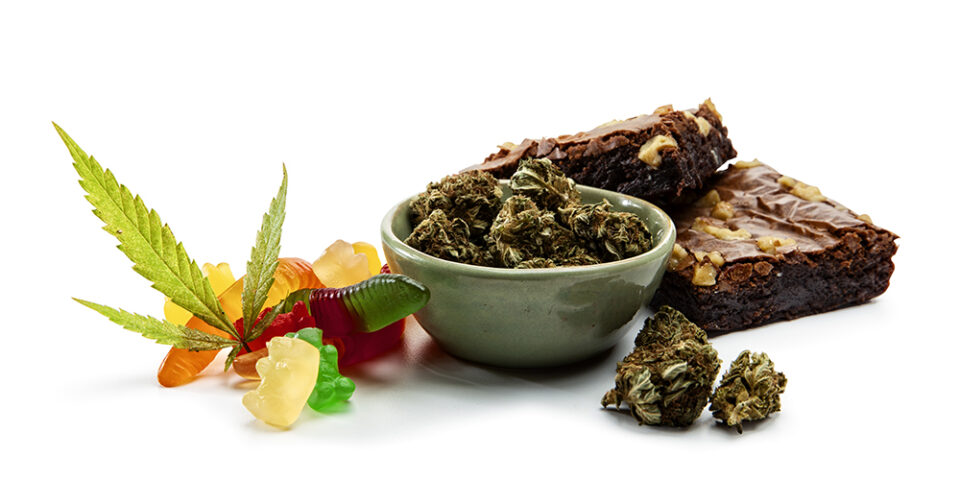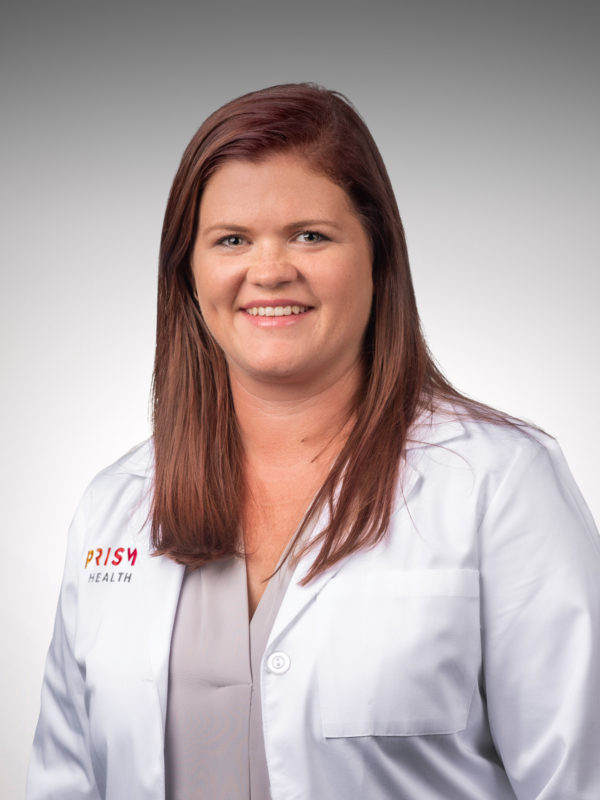What parents should know about marijuana edibles
Marijuana edibles like gummies are easy to buy online, and many are ending up with kids who are accidentally overdosing on them. Psychiatrist Brittany Peters, MD, explained how these overdoses are happening and what parents can do to protect their children.
What is an edible?
Edibles are basically anything you can ingest that contains THC, the psychoactive chemical in marijuana. In addition to gummies, edibles can include brownies, cookies, candy and a variety of other foods.
Do we even know what’s included in an edible?
“That’s where it gets tricky,” Dr. Peters said. “Typically, people are looking for THC because they’re trying to get the high that marijuana provides, but these are not FDA regulated substances, so they don’t go through any sort of safety testing. There can be other kinds of chemicals in the edibles that you’re not aware of.”
How are young people overdosing on edibles?
Unlike smoking or vaping marijuana, edibles take a long time to “work” in your body. Someone may take an edible and 15 minutes later not feel anything, so they take another one, and then in another 15 minutes take another one.
Then, an hour or two later, the edibles kick in.
“It’s easy to get a really high concentration of THC through edibles because you are not feeling the effects as quickly,” Dr. Peters said. “Sometimes people can overdose on THC through edibles for that reason.”
What effect do marijuana edibles have on a young person’s body?
Edibles can cause a wide range of effects. Everything from a mild lifting of the mood and disinhibition, which means not thinking things through very clearly, all the way up to a severe reaction.
“We’ve had patients come to the emergency room that have become psychotic from these drugs,” Dr. Peters said. “These reactions can include hearing or seeing things that aren’t there, feeling paranoid or scared, getting physically agitated and even losing consciousness.”
What can parents do to protect their children from overdosing on edibles?
Open communication with children is key. The first step is making your kids aware that it’s possible to overdose on edibles.
“Kids tend to be inherent risk takers,” Dr. Peters said. “As adolescents, they don’t necessarily think through consequences. Try to help them understand that just because they’re getting this edible from a friend that doesn’t mean it’s safe.”
Parents can get concerned about introducing a topic or planting ideas, but Dr. Peters said kids are learning about edibles other ways. “Most kids know about these things already, just from talking with other kids. Edibles are widely available to kids. One of the reasons edibles are attractive to kids is it’s something they can do at school, or anywhere, with little evidence about what they’re doing. So, it’s important for parents to have conversations with their kids about the potential consequences of using these substances.”
How can you talk to kids about the dangers of edibles?
Bringing up this conversation can be difficult, so Dr. Peters recommended using open ended language that doesn’t feel accusatory or judgmental. For example, you can say, “I heard this is going on. Have you heard about it? Do you know anybody who’s using these kinds of things?” If you have an open dialogue, as opposed to saying drugs are bad, don’t do drugs, the child will likely feel more comfortable talking about it with you.
It’s also helpful to talk through the “what ifs.” What would they do if they were offered edibles?
“Some kids, depending on their personality, can just say, no thanks, I’m not into that,” Dr. Peters said. “I always tell kids it’s totally okay to use an excuse like, that would get me in a lot of trouble or, I’m doing sports and I don’t think that’s good for my sport. It’s good to have these conversations ahead of time so they can be prepared and have their response ready.”
When is it good to have this conversation?
Every kid is a little different, depending on their level of maturity, but certainly by middle school. If your child is already asking questions about it, then that’s the time to start the conversation.
Find a doctor
Whether you’re looking for a primary care physician or need to see a specialist, we’re here to help with experienced, compassionate care near you.
Find a Doctor

